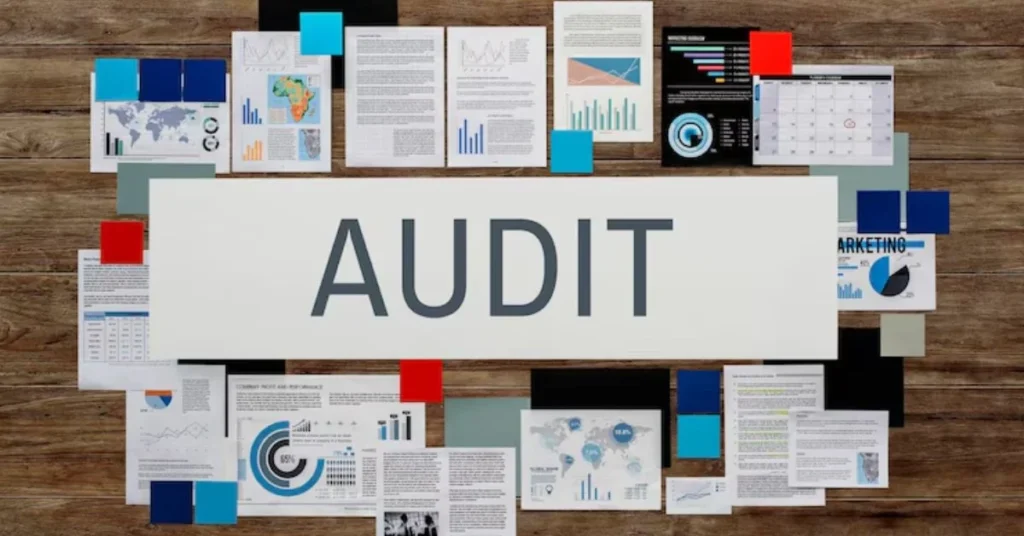In today’s financial landscape, few things cause more confusion, anxiety, and concern among consumers than receiving a call or letter from a debt collection agency. Among the most discussed of these agencies is Syncom Collections, a name that frequently surfaces in conversations about credit reports, account recovery, and consumer disputes. But what exactly is Syncom Collections, and how does it operate in today’s evolving economic environment?
This article provides an in-depth exploration of Syncom Collections, unpacking its role in the broader financial system, its impact on consumers, and the tools available to navigate interactions with debt collectors in 2025. This is not a promotional or condemnatory piece—it is informational, grounded in the reality of modern credit dynamics, written to empower individuals with the facts and frameworks they need to make informed decisions.
Chapter 1: What Is Syncom Collections?
Syncom Collections is a third-party debt collection agency. In plain terms, this means the company is hired by creditors—like banks, credit card companies, utility providers, or medical institutions—to collect unpaid debts on their behalf. Occasionally, Syncom may purchase old debts for a fraction of the original value and then attempt to collect the full amount, making it both a service provider and a stakeholder.
While the name may seem corporate and nondescript, Syncom operates in a space that directly touches the lives of many Americans. If you’ve fallen behind on a payment, failed to respond to a final notice, or changed your address without updating your billing information, there’s a good chance your account could end up on their radar.
Chapter 2: Why Syncom Might Contact You
Understanding why you’re being contacted is critical. Syncom Collections typically reaches out for one of the following reasons:
- Unpaid utility bills (e.g., electricity, internet, phone)
- Medical bills that were not fully covered by insurance
- Delinquent credit card accounts
- Student loans in default
- Unpaid rent or lease breakage fees
- Past-due auto loans or repossession balances
In most cases, the original creditor has attempted to collect the debt internally and, after several months of no success, passed the account to Syncom for further action. The language may be legalistic, and the tone may be urgent—but it’s important to respond, not react.
Chapter 3: The Business Model of Debt Collection
Debt collection is a billion-dollar industry. It’s essential to recognize that Syncom, like most agencies, operates within a performance-based model. If they are collecting on behalf of a creditor, they typically earn a percentage of the amount they recover. If they have purchased the debt, any amount they collect is profit over the acquisition cost.
This economic structure drives their strategies:
- Persistence: Agents may call frequently, send multiple letters, or report the debt to credit bureaus to pressure repayment.
- Negotiation: Because they may have purchased the debt for pennies on the dollar, Syncom is often willing to settle for a portion of the full amount.
- Litigation: In rare cases, if the amount is substantial and the likelihood of recovery is high, they may initiate legal action.
But not all tactics are lawful—or ethical. That’s where consumer protection laws come in.
Chapter 4: Your Rights Under the Fair Debt Collection Practices Act (FDCPA)
Many consumers feel powerless when confronted by a debt collector, but knowledge is your greatest defense. Under the Fair Debt Collection Practices Act, individuals are granted extensive protections. Syncom Collections, like all agencies, is bound by these regulations.
Key rights include:
- Right to verification: You can request proof of the debt in writing before agreeing to payment.
- Right to dispute: If you believe the debt is inaccurate or doesn’t belong to you, you can formally dispute it.
- Right to privacy: Collectors may not contact your friends, family, or employer to pressure repayment.
- Time restrictions: Calls are restricted to between 8 a.m. and 9 p.m. local time.
- No harassment or threats: Agencies cannot use abusive language, make threats, or misrepresent themselves.
If Syncom violates these rights, you have the legal authority to report them—and potentially take legal action.

Chapter 5: How to Respond if Contacted by Syncom Collections
The moment you receive a communication from Syncom, the clock starts ticking. Here’s a step-by-step guide on how to handle the situation:
- Don’t ignore it. Ignoring a debt collector can result in credit report damage or escalation to court.
- Request a debt validation letter. Within 30 days of first contact, you can demand documentation that proves the legitimacy of the debt.
- Review your credit report. Check for discrepancies. Use tools like AnnualCreditReport.com to verify account status.
- Dispute inaccuracies. If something is wrong—wrong amount, outdated debt, identity theft—file a dispute with Syncom and the credit bureaus.
- Negotiate if you owe it. You may be able to settle for less or set up a payment plan. Always get agreements in writing.
- Know the statute of limitations. Each state has a legal timeframe after which debt cannot be enforced through the courts.
- Seek legal help if needed. Nonprofit credit counselors or consumer rights attorneys can provide guidance.
Chapter 6: How Syncom Collections Affects Your Credit
A collection account can cause a significant drop in your credit score—up to 100 points or more. However, it’s not always permanent.
Key points to understand:
- Reporting time frame: Most collection accounts remain on your credit report for seven years from the original delinquency date.
- Payment doesn’t remove the account: Paying off the debt may update the status, but the account remains unless you negotiate for deletion (commonly known as “pay-for-delete”).
- Impact on loans and employment: A collection on your report may impact mortgage applications, rental agreements, or even job offers.
In recent years, credit scoring models like FICO 9 and VantageScore 4.0 have reduced the impact of paid collections—but lenders vary in which model they use.
Chapter 7: The Rise of Digital Debt Collection
Syncom Collections, like others in the industry, is adapting to the digital age. In 2025, collections are no longer just about letters and landlines. The modern model includes:
- Email and SMS communications — more discreet and preferred by many consumers.
- Online payment portals — secure platforms that allow for one-time payments, recurring plans, and account tracking.
- AI-driven messaging — automated assistants that offer 24/7 responses and immediate documentation.
While these innovations provide convenience, they also come with privacy concerns. Always verify digital communications and avoid clicking on suspicious links or entering sensitive data without confirming authenticity.
Chapter 8: Rebuilding After Collections
Financial setbacks happen. The important part is how you recover. Here are actionable strategies to rebuild your credit and financial foundation after dealing with Syncom Collections:
- Budget with precision. Know your income, essential expenses, and allocate funds for debt repayment.
- Start small. Use secured credit cards or credit-builder loans to re-establish a positive payment history.
- Keep utilization low. Aim to use less than 30% of your available credit.
- Track your credit score monthly. Use tools that monitor changes and offer recommendations.
- Learn and reflect. Understand what led to the debt—was it unemployment, medical issues, or lack of budgeting?
Recovery is not just possible—it’s common. Millions have turned financial hardship into a turning point for long-term stability.
Chapter 9: Common Misconceptions About Syncom Collections
Let’s debunk a few myths:
- “If I ignore them, they’ll go away.” No, ignoring only delays resolution and may worsen your situation.
- “I’ll go to jail for not paying.” False. Debt is not a criminal matter in the U.S.
- “Paying them removes it from my credit report.” Not automatically. You must negotiate that specifically.
- “They can take money from my bank account.” Only with a court judgment.
Understanding the facts dispels fear and gives you control over the process.
Chapter 10: When to Involve a Professional
While many cases can be handled independently, there are situations when involving a professional is wise:
- You’re being sued.
- You believe the debt is fraudulent or a case of identity theft.
- Negotiations are going poorly.
- The stress is overwhelming your ability to function.
Certified credit counselors and consumer protection attorneys are equipped to advocate for you, manage disputes, and negotiate on your behalf.
Conclusion: Syncom Collections
Being contacted by Syncom Collections is not the end of your financial story. It is a chapter—one that you can write with clarity, confidence, and control. In 2025, financial literacy is not a luxury; it’s a necessity. By understanding how Syncom operates, what your rights are, and how to respond strategically, you protect your peace of mind and reclaim your financial future.
Remember this: You are not alone. Millions navigate debt collection every year. With the right knowledge and approach, what starts as a stressful experience can lead to empowerment, growth, and lasting stability.
For more information, click here.









